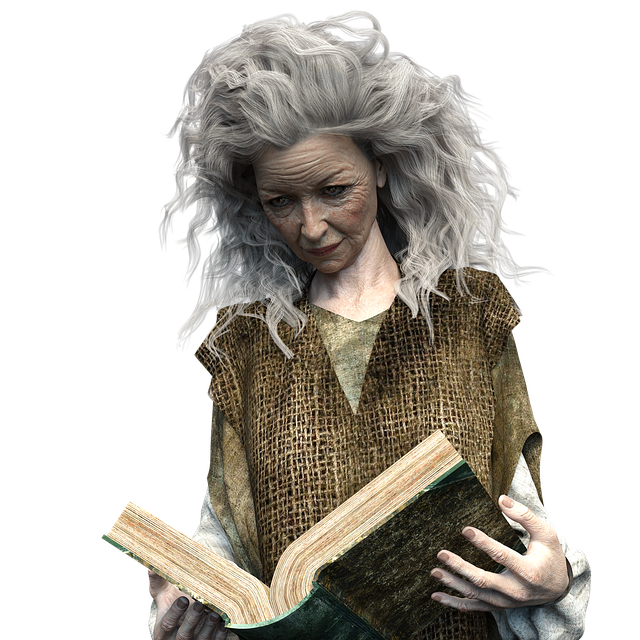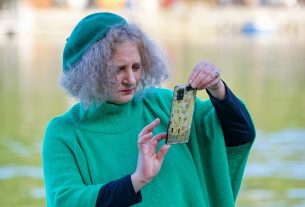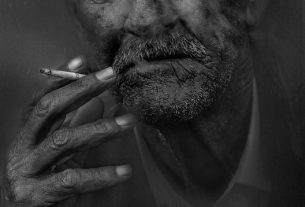Elderly Companion Services specialize in light housekeeping tailored to elderly clients' unique needs. As physical abilities decline, these services handle daily chores like cleaning and organizing, addressing health conditions, mobility issues, and cognitive changes. By focusing on safe, efficient tasks such as dusting, vacuuming, kitchen clean-up, and decluttering high-traffic areas, they foster independence and well-being in a comfortable living environment, prioritizing safety and dignity for seniors.
In today’s aging population, elderly companion services are becoming increasingly vital. Among these services, light housekeeping plays a crucial role in enhancing quality of life and maintaining independence for seniors. This article delves into understanding the unique needs of elderly clients, exploring how light housekeeping can be an essential component of companion services, and providing best practices for effective and compassionate cleaning routines. By focusing on these aspects, we aim to support professionals in delivering exceptional care.
- Understanding the Needs of Elderly Clients
- The Role of Light Housekeeping in Elderly Companion Services
- Best Practices for Effective Light Housekeeping
Understanding the Needs of Elderly Clients

Understanding the needs of elderly clients is paramount in providing effective light housekeeping services. As people age, their physical abilities and independence may decline, leading to challenges with daily tasks like cleaning and maintaining a home. Elderly companion services cater to this specific demographic, offering tailored support that goes beyond basic housekeeping. These services recognize that each senior’s requirements are unique, accounting for health conditions, mobility issues, and cognitive changes.
Elderly clients might need assistance with light chores such as dusting, vacuuming, or kitchen clean-up. Companion services ensure these tasks are completed safely and efficiently while respecting the client’s autonomy. By understanding their preferences and routines, caregivers can create a comfortable living environment, promoting independence and enhancing overall well-being.
The Role of Light Housekeeping in Elderly Companion Services

Light housekeeping plays a vital role in elderly companion services, ensuring a safe and comfortable living environment for aging individuals. It involves routine tasks such as tidying up, dusting, and organizing spaces, promoting a sense of independence and dignity among clients. For many seniors, maintaining their home can become physically demanding or challenging over time, making professional assistance invaluable.
Companion caregivers who offer light housekeeping services provide much-needed support, allowing elderly clients to focus on their well-being and social interactions. By keeping homes clean and clutter-free, these services create a soothing atmosphere, improve accessibility, and reduce the risk of falls or accidents caused by disorganization. This aspect of companion care is particularly beneficial for those with limited mobility or cognitive impairments, fostering a higher quality of life in familiar surroundings.
Best Practices for Effective Light Housekeeping

When providing light housekeeping services for elderly clients, it’s essential to adopt best practices that cater to their unique needs and ensure a safe, comfortable living environment. Professional Elderly Companion Services understand that aging often brings physical limitations, making certain tasks more challenging. Therefore, they focus on tailored solutions rather than a one-size-fits-all approach.
This involves prioritizing areas frequently used by the client, ensuring bed linens and towels are changed regularly, keeping surfaces tidy, and maintaining a safe space free from potential hazards. Companion services also pay close attention to kitchen cleanliness, proper food storage, and easy-to-prepare meals. Additionally, organizing and decluttering living spaces, particularly high-traffic areas, can significantly improve accessibility and reduce the risk of falls.
Elderly clients have unique needs, and providing tailored Elderly Companion Services is essential for their well-being. Light housekeeping plays a vital role in this, offering assistance with daily tasks to maintain independence and quality of life. By following best practices outlined in this article—including understanding individual requirements, maintaining safe and organized spaces, and promoting self-care—companion services can significantly improve the lives of elderly individuals, ensuring their homes are tidy and their spirits remain high.



